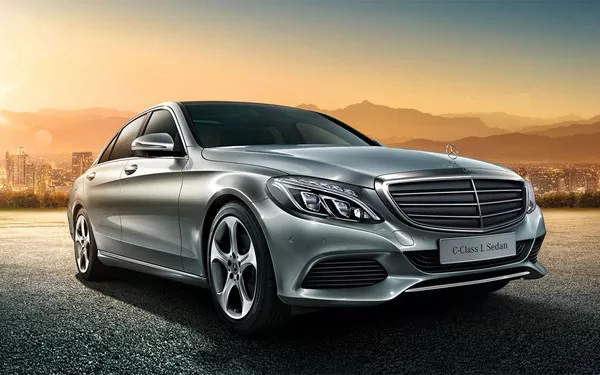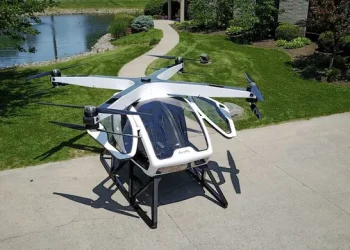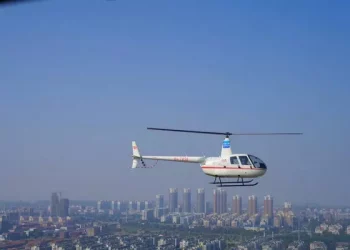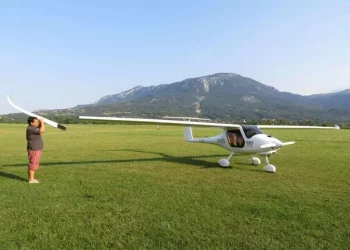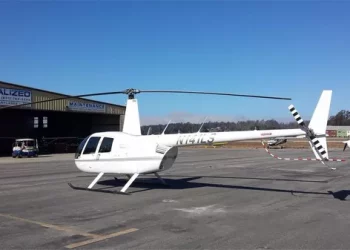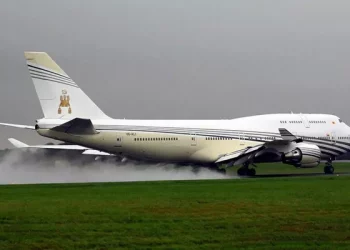Beijing municipal finance bureau jointly city science and technology commission, the city economic informatization commission jointly issued by the “perfect new energy automobile application about adjusting fiscal subsidy policy notice, released its latest policy, new energy vehicles in accordance with the” notice “requirements, the Beijing local finance for new energy vehicles, pure electric vehicles, fuel cell vehicles) subsidy standard is 0.5 times that of the state subsidies,
The total subsidy will not exceed 60% of the terminal selling price, and the policy will be valid from January 1, 2018 to December 31, 2020.
In May, six new energy vehicle policies were introduced at the national level.
These include China cutting import tariffs on vehicles and parts starting July 1;
The National Development and Reform Commission (NDRC) will solicit opinions on the investment management regulations of the automobile industry, and restart the qualification audit of pure electric vehicle production and other important policies.
At the local level, Shanghai, Chengdu, Jiangxi, Shaanxi, Suzhou, Yunnan, Hainan and other provinces and cities have introduced 13 policies related to new energy vehicles.
Among them, Shanghai issued fuel cell vehicle subsidy scheme, according to the central subsidy of 1:0.5 to give subsidies;
Jiangxi issued a guideline on new energy vehicles, aiming to reach 500,000 new energy vehicles and 40Gwh power battery production capacity by 2020;
Shaanxi has made it clear that new buses and taxis will all use new energy vehicles from 2018 to 2020;
Yunnan solicits opinions on new energy vehicle subsidy policy, according to the same period of the central standard subsidies of 25% and other policies.
Ministry policy 1, China from July 1 to reduce import tariffs on vehicles and parts, new energy vehicles equal treatment on May 22 issued the “Announcement on reducing import tariffs on vehicles and parts”, the announcement said that since July 1, 2018, the import tariffs on vehicles and parts will be reduced.
In order to further expand reform and opening up, promote supply-side structural reform, promote the transformation and upgrading of the automobile industry, and meet the consumer demand of the people, import tariffs on whole vehicles and parts will be reduced from July 1, 2018, the announcement said.
The tax rate will be lowered to 15 percent for 135 complete vehicle tax numbers, 20 percent for four tax numbers, and 6 percent for 79 auto parts, which are taxed at 8 percent, 10 percent, 15 percent, 20 percent, and 25 percent, respectively.

